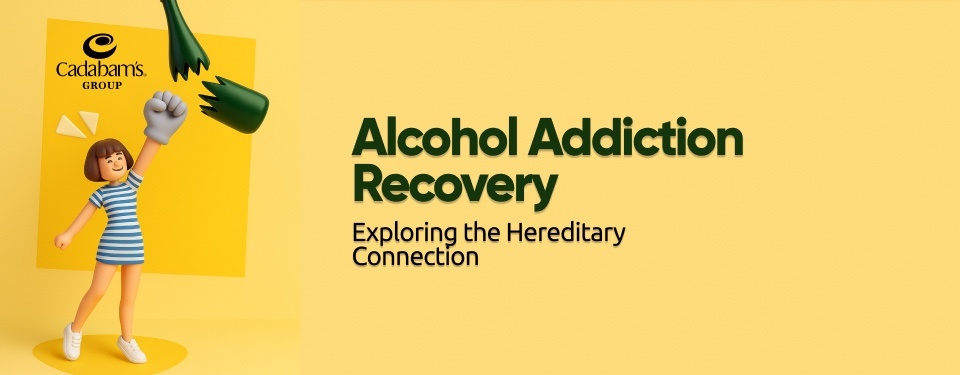Alcoholism is a family disease which affects not only the alcoholic but also each and every member in the family who stays with him. It affects the children with the same intensity with which it affects the spouse, infact even more.
One in four children in our country is exposed to alcoholism and drug addiction in the family. This means that in your house, your neighbourhood or among your children’s friends one in four might be hiding their embarrassment, confusion, hurt or shame about what’s going on at home.
When does a child lose his childhood? When he lives with an alcoholic parent; to others he looks like any other child, dresses like any other child and walk about like any other child. Until they get close enough to notice that edge of sadness in his eyes, or the worried look on his brow.
He behaves like a child but he is not really enjoying, he just carries on. He does not have the same spontaneity that other kids have; but nobody really notice it. Even if they do they probably do not understand it.
The fact remains that he never feels like a child. He has never known what a child feels like. Any normal child is an innocent, beautiful, delicate being bubbling with energy, offering and receiving love easily, playful, doing work for approval or for reward, but always doing as little as necessary. The most important fact is that he is always carefree.
In contrast, the child of an alcoholic is not a carefree little one. He is often a withdrawn child who never gives trouble to anybody. He hides himself in a corner. Though he does not really want to be hiding, he always instantly hides in a shell, hoping to be noticed sometimes by the others. But he is powerless to do anything about it.
Children in family with alcoholism syndrome are generally ignored because all the attention is directed either towards the alcoholic parent or towards his alcoholism. The self-centered, uncooperative, destructive behaviour of the alcoholic gains all the attention that the child longed for. At the same time the child learns not to rock the bout, not to develop any desires or needs, not to make demands.
Children of alcoholic as a group, have a higher incidence of emotional problem like anxiety, stress and depression. They also have lots of school problem such as difficulty in concentration and conduct problems. They experience all sort of adjustment problems.
Children of alcoholics shows an increased predisposition of alcohol or other drugs when they enter adulthood.
Children who live with alcoholism or drug addiction need models of what a happy home looks and feels like; so that they will have something to look forward to. They need to spent time not worrying about their parents and what might be going on their houses that is going to hurt blow up or disintegrate. They need to be around peaceful rhythms and routines.
.webp)







